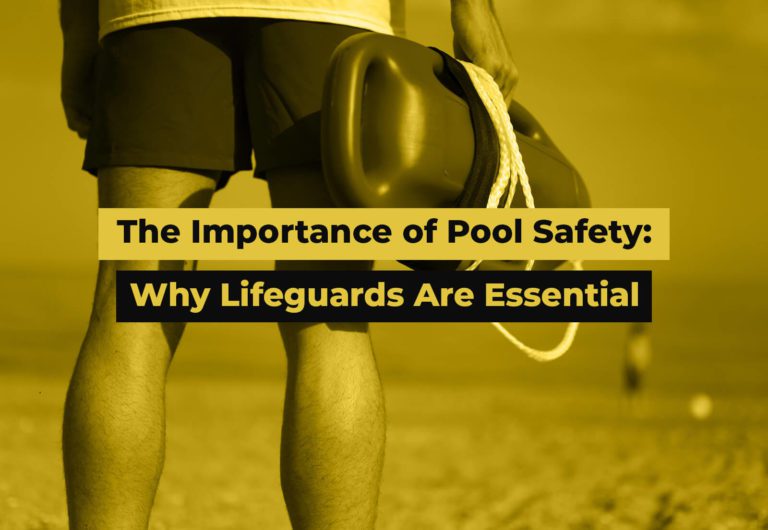
Despite their risks, swimming pools are places of fun, relaxation, and exercise. Swimmer safety cannot be compromised in public swimming pools, private facilities, or resorts. Lifeguards provide a safe environment, reduce risks, and prevent accidents. Pool safety will be covered in this article as well as why a qualified lifeguard is required.
Pools provide entertainment but they also carry hazards that may spoil a perfect day.
Certified lifeguards have to continuously check these hazards.
Lifeguards are more than simply people with red uniforms and sirens. Trained experts, they are ready to handle crises and stop mishaps.
Monitoring the pool area and enforcing safety rules falls mostly on a lifeguard. Their presence guarantees swimmers observe pool regulations, like no diving in shallow water or no running on slick areas. Lifeguard maintenance of discipline helps to avoid many such mishaps before they start.
In crises, every second matters. Trained in CPR, first aid, and water rescue procedures, lifeguard response times are swift to handle events. From saving a child from drowning to reacting to someone who has slipped and fallen, their expertise may make all the difference between life and death.
Beyond their technical abilities, lifeguards provide a feeling of security that motivates individuals to enjoy the water safely.
Lifeguard presence is as crucial in a busy public pool or a more remote private facility.
Although lifeguards are important, pool safety falls on everyone. These ideas will help to improve safety even more:
Pools should be places of delight and relaxation, not of concern or risk. The hidden heroes of pool safety are lifeguards, who provide knowledge, alertness, and a feeling of security enabling everyone to confidently enjoy the water. Their contribution is crucial whether in a public or private pool. Purchasing professional lifeguard equipment is an investment in safety and peace of mind as, in pool safety, prevention, and readiness rule everything.
Monday - Thursdays :
8 Am -5 Pm
Every Fridays (8AM – 12N)
Every Saturdays (8AM – 3PM)